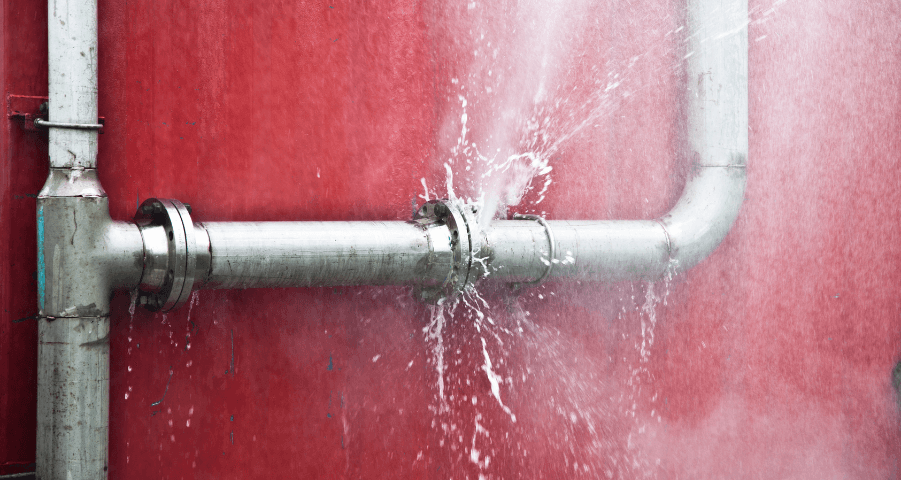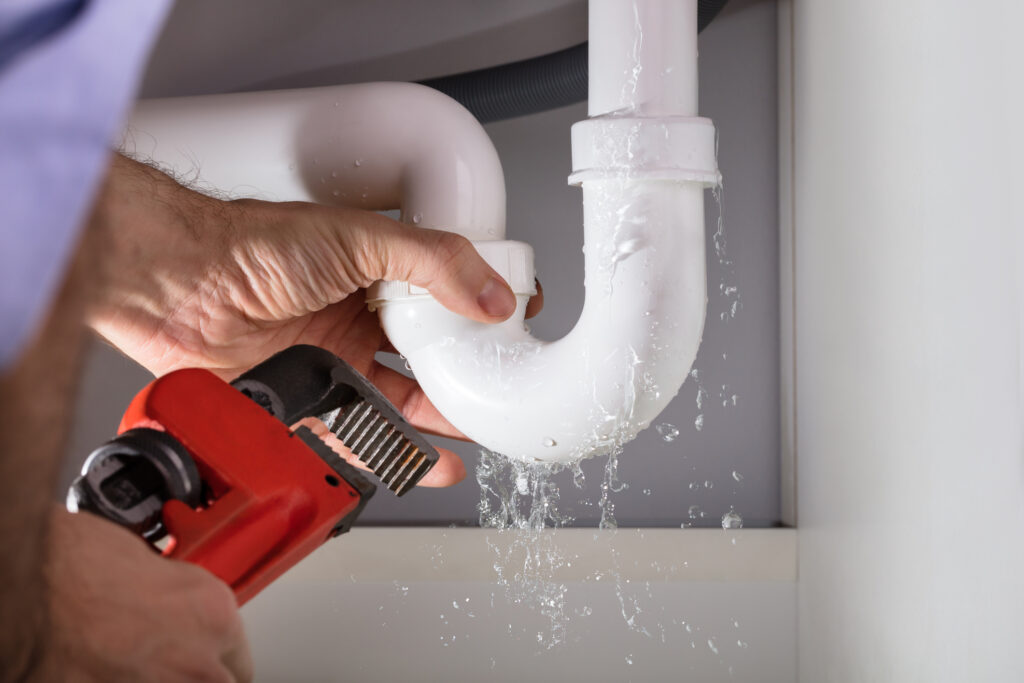Quick Solutions for Plumbing Emergencies: Key Steps to Take Until A Plumber Arrives
Quick Solutions for Plumbing Emergencies: Key Steps to Take Until A Plumber Arrives
Blog Article
We've come across this post on What to Do While Waiting for an Emergency Plumber listed below on the net and decided it made sense to write about it with you over here.

Pipes emergency situations can strike at any time, causing anxiety and prospective damages to your home. Whether it's a ruptured pipe, a blocked drain, or a leaking tap, knowing how to manage the circumstance up until a specialist plumber arrives can save you from additional issues. This post supplies necessary emergency situation pipes tips to help you reduce damage and restore control throughout a pipes dilemma.
Shut off the Water System
The very first step in any kind of pipes emergency situation is to shut down the water. For local concerns, such as a dripping tap or commode, shut off the valve near the component. When it comes to a major leakage or ruptured pipe, locate your home's major water shut-off valve and turn it off immediately. Recognizing the place of these valves ahead of time can save valuable time throughout an emergency situation.
Shut Off Your Hot Water Heater
In specific emergencies, such as a ruptured pipe, it's wise to turn off your water heater. This stops overheating or damages to the system when water stops streaming. Turn off the power supply to the hot water heater (electric or gas) and allow it cool off to avoid prospective hazards.
Momentarily Stop a Ruptured Pipe
A ruptured pipe can bring about considerable water damages in minutes. To mitigate the problem:
Call a specialist plumber promptly to address the problem permanently.
Have an Emergency Pipes Kit
Prepare a basic pipes emergency set to handle small issues properly. Your kit needs to include:
Having these tools available can make a considerable distinction in your ability to manage emergencies.
Unclog Drains Pipes Securely.
A clogged drain can be a discouraging and unpleasant issue. Here's exactly how to tackle it:.
If these approaches do not function, prevent utilizing too much pressure, as it might aggravate the obstruction.
Handle Overflowing Toilets.
An overruning bathroom can trigger instant turmoil. Below's what you need to do:.
Address Little Leaks with Short-term Fixes.
Small leakages can promptly become considerable issues if left uncontrolled. Utilize these short-term repairs till specialist help gets here:.
While these solutions aren't permanent, they can aid minimize water loss and damages.
Take Care Of Frozen Pipeline Meticulously.
In colder environments, frozen pipes are a typical emergency situation. If you presume an icy pipe:.
Know When to Call a Professional.
While quick fixes can assist briefly, certain plumbing concerns require immediate professional focus. Call a plumber if:.
Immediately calling a professional makes sure the issue is resolved correctly and prevents further complications.
Prevent Further Damages.
Taking quick activity to reduce damages can save you time and money in the long run. Here's exactly how:.
Verdict.
Pipes emergencies can be overwhelming, however with the ideal knowledge and tools, you can handle the circumstance successfully till help shows up. By switching off the water supply, addressing tiny leakages, and using temporary fixes, you can minimize damage and keep your home safe. Remember, these tips are temporary services; always speak with a licensed plumber to take care of the origin of the trouble. Prep work and quick thinking are your ideal allies in any kind of pipes emergency situation.
8 Helpful Tips for Managing Plumbing Emergencies at Home
If your plumbing system hasn’t failed once, wait for it because almost everyone has a story to tell. Sometimes, it could be simple emergencies such as a leaking pipe, a blocked cistern, or even a big burst pipe. In situations like this, you need to have some handy tips to save you some money and from possible damages.
Take care of minor issues early.
Sometimes, you could have avoided an emergency by taking proactive measures while it was still early. Some major plumbing emergencies can be a result of an ignored minor issue. We recommend that you have items like plumbing tapes and other related items. A plumbing tape can allow you to manage minor leaks before the plumber arrives.
Cut off the water supply.
This tip is essential in almost any type of leakage problem. For problems like minor leakages in the toilet or kitchen, turn off the supply that takes water to the affected pipes. If the leakage is a major pipe, you must shut off the supply valve to the entire building. This will help you avoid flooding your home and neighbors if you share a flat.
Know your plumbing system
Folks typically move into a new apartment without understanding the water supply around the building. This can prove disastrous if a water emergency arises and the plumber is far away. The previous tip will prove useless if you don’t practice this one. More importantly, know where your water shut-off valve is located – you’ll need that knowledge to prevent potential home floods.
Have some common handy tools
There are lots of plumbing emergencies that you can handle without hiring a plumber. That’s why you must keep some tools available always. Some tools that you can use to fix simple plumbing emergencies easily include plumbing tapes, screwdrivers, thread seal tapes, plungers, pliers, tape measures, and rubber gloves.
Insulate your pipes from cold
You’ll save yourself from many plumbing expenses if you protect your water pipes from the cold. This is because of the harmful effects that cold weather can have on your pipes. During winter, your pipes can burst from being overly expected to freezing temperatures. So, make sure insulators are there to keep the pipes working correctly.
Avoid practices that will clog your toilet.
Many people indulge in practices that can damage the plumbing system of the entire building. One of these is when they use their toilet to dispose-off garbage. They flush all kinds of things, such as paper towels, bandages, hairs, female sanitary products, etc., down the toilet. This will block your toilet in the long run, incurring unnecessary expenditures. Dump such waste in the trash instead.
Check your dials regularly.
Sometimes, there could be leakages in your home without noticing them in time. So, constantly monitor your water meter dial. If the dial is reading when there is nobody using water, this is an indicator that there is leaking. Check for leaks immediately. Call a plumber as soon as possible if you can’t find any.
https://www.constructionplacements.com/8-helpful-tips-for-managing-plumbing-emergencies-at-home/

I hope you enjoyed reading our piece about Expert Tips for Emergency Plumbing Repairs. Thanks for taking a few minutes to read through our blog. Are you aware of somebody else who is truly interested in the topic? Be sure share it. Bless you for your time. Return soon.
Call Today Report this page